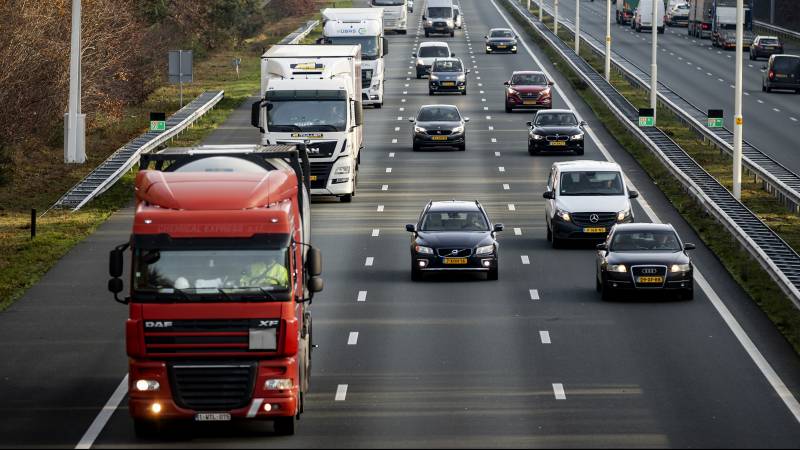At the initiative of the Netherlands, eleven countries agreed at the Glasgow Climate Summit that from 2040 all new trucks and buses should be zero-emissions. In addition to the Netherlands, Turkey, Uruguay, Austria, Canada, Chile, Denmark, Finland, New Zealand, Norway and the United Kingdom participate.
Part of the plan is that by 2030, 30 percent of all trucks and buses newly sold will not emit carbon dioxide, and by 2050 all trucks and buses that emit carbon dioxide will be gone from the road. Countries will now develop policy to achieve the agreed goals. The idea is that they work together, share knowledge, and report annually on progress.
price
“This agreement is a good start,” says Secretary of State Van Weinberg for Infrastructure and Water Management. “We’ve already agreed in the climate agreement that we want all road traffic to be clean by 2050. It’s important that we go into this with other countries, so that the market develops faster.” He called on countries that have not yet participated to join the initiative.
According to the Ministry of Infrastructure, electric trucks are still very expensive and many carriers are hesitant about the price. Work is underway on a scheme to support an electric or hydrogen truck.
ambitious but possible
“This is an ambitious scenario, but it is possible,” says Auke Hoekstra, a researcher in electric mobility at Eindhoven University of Technology. “I have been calling for about five years now for electric trucks to be possible and intuitive, but it is heartening to see what the Dutch government is saying now.”
According to him, the arrival of many electric trucks has dire consequences for the charging infrastructure in the Netherlands. Electric trucks have much larger batteries than electric cars. And to charge it fairly quickly, you need more electricity.
“In terms of technology, this is almost unheard of. But for network operators, it is quite baffling to install sufficient charging capacity, for example, in truck service areas. Fortunately, the Netherlands is leading the way in developing charging infrastructure.”







